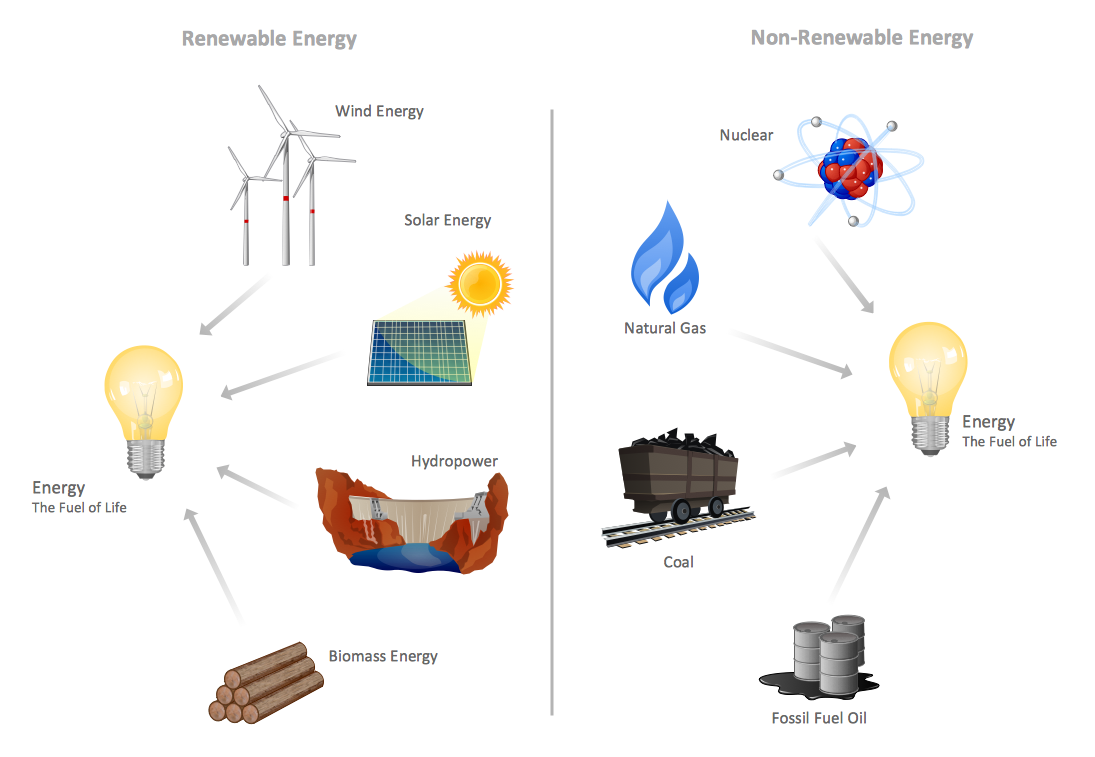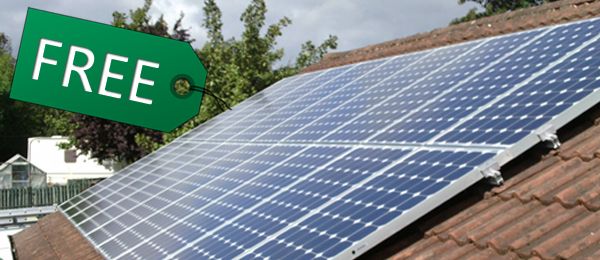
Nevada's solar energy regulations are important. The state of Nevada has a state-run rebate program that can give you a nice lump sum of money or take a percentage off of the installed cost. You will need to fill out some paperwork in order to get the rebate, but many solar installers will handle this for you. Make sure you hire a solar installer who is experienced in these matters.
Net metering
Net Metering in Nevada refers to the process of transferring clean electricity produced by solar systems from your utility company in return for a credit on you electric bill. This program is available to home and business owners since 1997. It allows them to store excess electricity and send it back to their utility company for a credit. This program can help you save thousands of dollars and offset most of the electric bill if there is enough solar power.
Nevada law mandates net metering. This must be offered by your local utility company. The retail rate is 75 percent, and the compensation decreases with more customers installing solar. This means that Nevada's payback period for solar panels can reach 16 years. However the rate of return will continue to decline as more customers get solar.
Community-based solar energy projects
Nevada's community-based solar projects are a promising way for residents to have access to solar energy. The cost to install solar panels on a roof is currently between $10,000 and $15,000. Nevadans don't have the financial means to pay this amount, especially for those who are low-income and can't afford solar panels. So, the state is exploring incentives to make solar energy more affordable.

A 15-megawatt project of the Valley Electric Association, Pahrump is one example. Members of the cooperative will be able to benefit from this project at no additional cost. It will be operational by July 2016. MDU Resources Group in Nevada is the company responsible for the long haul power purchase agreement. VEA is collaborating. Members of VEA can use this renewable energy to power their homes and businesses at a far lower price than traditional electric companies.
Tax credits
Nevada offers a variety of tax credits to solar and renewable energy. The best place to find out about these credits is DSIRE. The website is run by the N.C. Clean Energy Technology Center at N.C. State University and is a comprehensive resource. You can also sell excess power back to your utility through the state's program.
The state has a strong renewable portfolio standards (RPS), which require utilities to produce more clean energy. They also have to purchase some renewable energy from customers. Utility companies often offer solar incentives or solar carve-outs to help them meet their mandate.
Legality
Nevada recently approved solar power as legal. Under the law, homeowners with rooftop solar systems can sell excess electricity to their utility. The rate currently stands at 95 percent retail. But, the price of electricity will drop as more rooftop systems are added. The legislation also provides homeowner protections. For example, the net meters rate will be guaranteed up to 20 years.
But net metering has its drawbacks. Utility companies aren’t keen on net metering which allows customers to sell excess solar electricity to them at retail prices. That's because some of the money utilities collect is used to maintain the electric grid. The state's utilities claim that solar customers don’t have to pay their fair share.

Costs
For those who do not have the cash upfront to buy solar panels, but still want to make long-term savings, Nevada offers a solar lease. The typical payback period for a Nevada solar lease is eight to fourteen year. This payback period is calculated with a simple payback formula. It divides power costs by annual electricity production. It takes 1 year of electricity savings before the cost of power at today’s prices equals. This is why it's so important to carefully calculate the costs for solar leasing in Nevada.
Federal Investment Tax Credit is a tax credit that can be used to offset the costs of installing solar panel systems. A 10-kW system is eligible for the credit, which can be up to 30% of cost. NV Energy offers a Renewable Generations Rebate Program that can further reduce the cost of residential solar panels with a capacity less than 25 kW. If you have a solar panel installation, you could get up $13,500 in rebates.